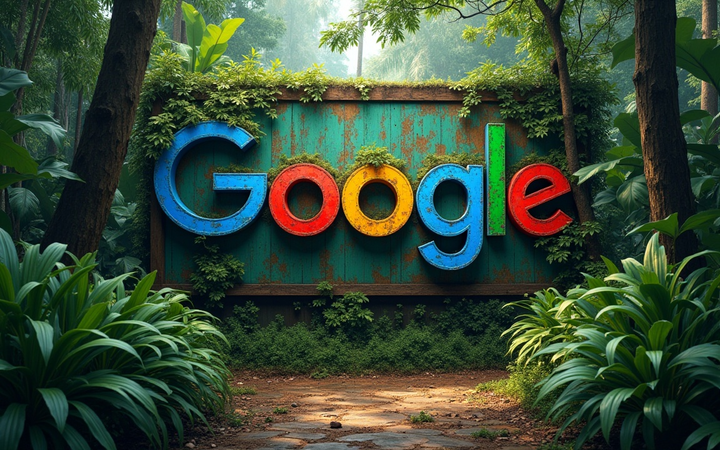In its largest carbon removal commitment to date, Google has partnered with Brazilian startup Mombak to finance the restoration of the Amazon rainforest, securing high-quality carbon credits to offset the substantial emissions generated by its energy-intensive data centers.
The deal, according to the companies, is expected to offset 200,000 metric tons of carbon emissions, Reuters said in a report on Thursday.
This volume is four times greater than that of the pilot offtake agreement with Mombak in September 2024; Mombak is currently Google’s sole provider of forestry carbon credits.
The agreement underscores the interest of major tech companies in mitigating the climate impact of their substantial investments in power-intensive data centres for AI.
This is driving demand for carbon emission offsets, particularly through Brazil’s emerging reforestation sector.
Why tree planting tops alternatives
Last year, Alphabet’s Google committed over $100 million to various carbon capture technologies.
These included enhanced rock weathering, biochar, direct air capture, and a project focused on increasing river acidity.
However, when Google decided to significantly increase its commitment, the efficiency of tree planting proved difficult to surpass.
Randy Spock, Google’s head of carbon credits and removal, told Reuters that the efficacy of photosynthesis is the “most derisked technology we have to reduce carbon in the atmosphere.”
He highlighted the natural process wherein plants convert sunlight, water, and carbon dioxide into oxygen and glucose.
Hosting the United Nations climate summit (COP30) this month in the Amazon city of Belem, Brazil, is calling the event the “Forest COP.”
The country is emphasising conservation efforts, including a plan for a new fund dedicated to tropical forests.
Credible offsets
Google has avoided utilising “REDD credits,” according to Spock.
These credits are designed to compensate developers for protecting forest areas that are otherwise at risk of destruction.
The market for these credits has faced controversy due to accusations of fraud and alleged connections to illegal logging activities in Brazil.
Spock said:
The reason we quadrupled down on Mombak is they’ve got a very credible approach.
Gabriel Silva, co-founder and Chief Financial Officer of Mombak, stated that the company is profiting from a “flight to quality.” Mombak’s business focuses on restoring degraded pastureland into jungle.
The Symbiosis Coalition was formed to elevate standards for nature-based carbon removal. Key players like Google, Meta, Salesforce, and McKinsey, alongside Microsoft, the current largest buyer, joined forces last year.
This collaboration aims to pool their influence and resources to promote high-quality, impactful nature-based solutions in the carbon removal market.
Raising the bar
Expanded on Thursday to include Bain & Company and REI Co-op, the coalition has pledged to secure nature-based carbon offsets totalling over 20 million tons by 2030.
These offsets are required to adhere to the coalition’s stricter scientific criteria.
Furthermore, the coalition reviewed 185 projects, and Mombak’s is the first to satisfy the demanding criteria for conservative and transparent carbon accounting standards, as well as ensure long-term preservation and benefits for both biodiversity and local communities.
Julia Strong, executive director of Symbiosis, noted that Brazil currently has the highest number of projects seeking the coalition’s endorsement.
She also expressed her expectation that additional projects would soon meet the required criteria.
The limited availability of top-tier carbon credits, combined with the willingness of well-funded buyers to pay a premium, has driven prices upward.
For instance, while standard REDD credits may sell for less than $10 per ton of offset carbon dioxide, emerging reforestation companies in Brazil have commanded prices exceeding $50, and in some cases, even $100 per ton.
The post Google quadruples down on Amazon reforestation with top Brazilian carbon supplier startup appeared first on Invezz

